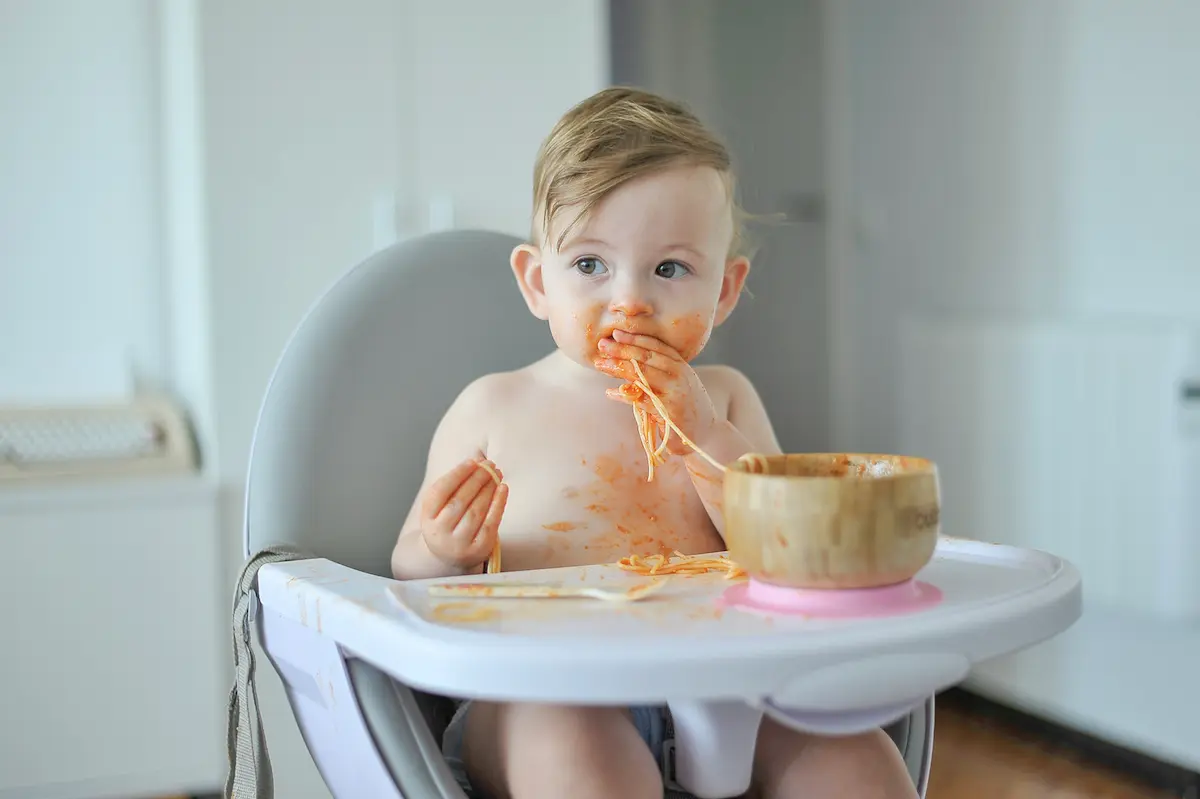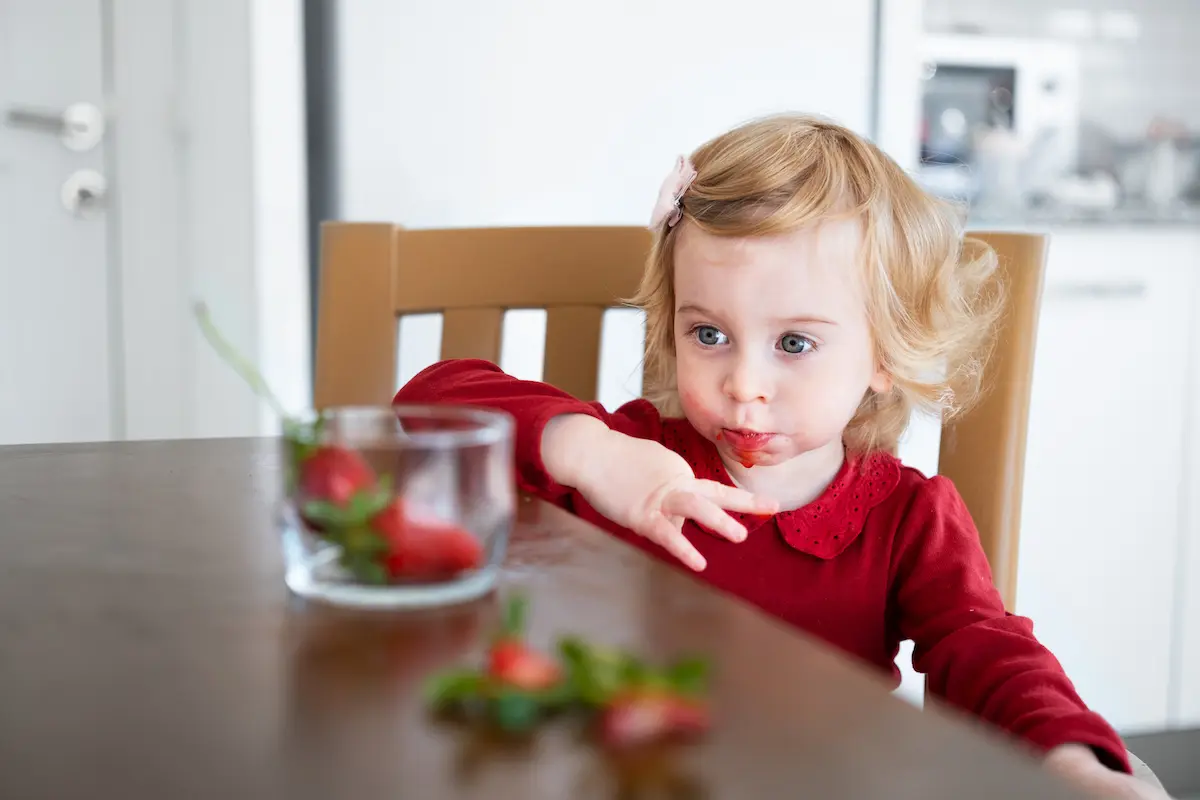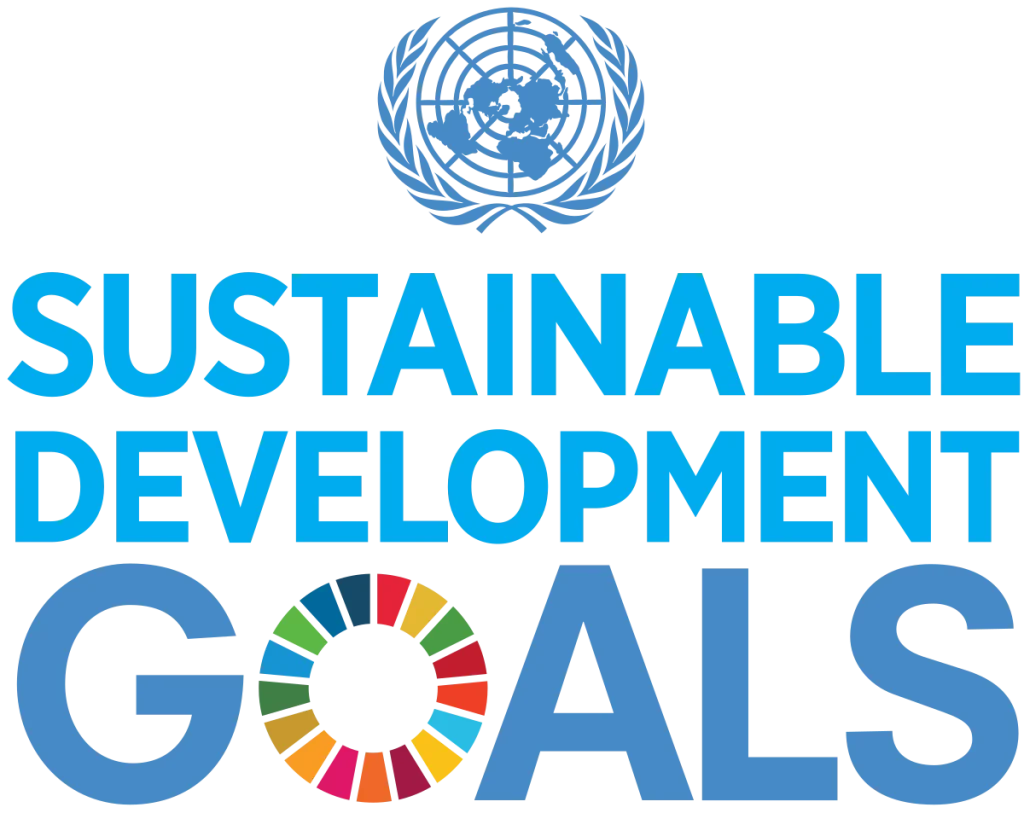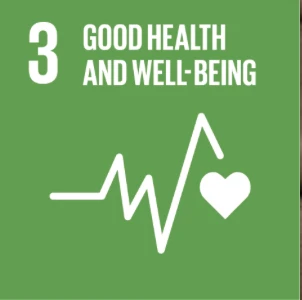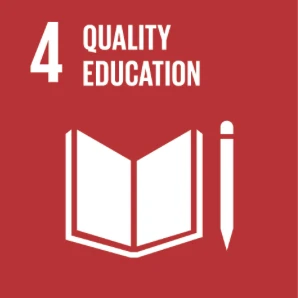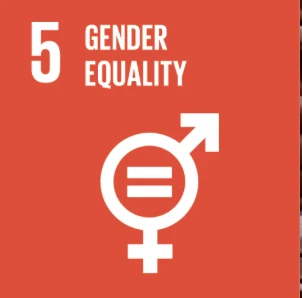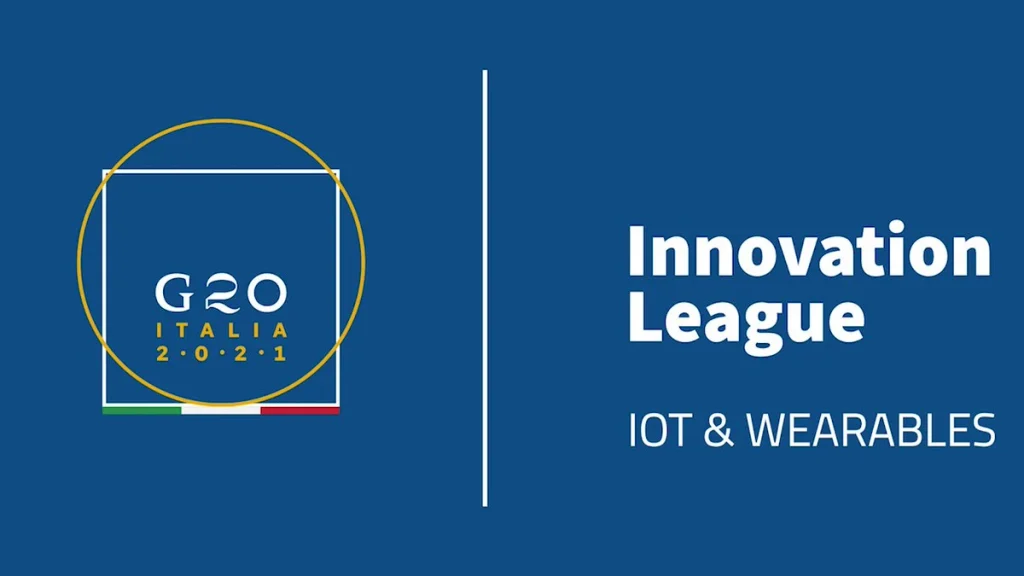What is Mindfulness?
We rarely pay attention to daily experiences, people and objects around us because our thoughts are on what we have to do later on or the next day. Our cognitive processes also result in our attention being focused for a very short period of time before other affective processes arise; i.e. before we judge and assess objects, people or experiences as being “bad” or “good”. This means we often distort reality and act based on our cognitive biases (beliefs, expectations and prejudices).
We already mentioned in the previous article that mindfulness is a practice that has many proven benefits because it consists of focussing attention on the present moment and being mindful of events and experiences occurring around us. In addition, it seeks to reduce our usual judgments as to those same experiences, people and objects in that, because attention is consciously focussed, responses are no longer automatic and we are more likely to go beyond our biases. In other words, mindfulness moves us out of “automatic pilot” to actually take an interest in what we are doing at all times.
General benefits of mindfulness
- Improves concentration
- Enhances creativity
- Controls and reduces stress and anxiety
- Improves emotional control and management
Benefits of mindful parenting
- Listening and understanding more attentively to what our child has to communicate
- Less scarcely realistic expectations about our children
- Reduction of self-directed concerns
- Emotional awareness of oneself and our children
- Ability to respond to the little one’s needs and emotions
- Less use of reactive or “automatic” parenting strategies
Mindfulness mini plan
- Start focussing your attention on the present moment concentrating on your breathing. Once you connect with it you can start focussing on feelings, smells, colours, sounds and tastes around you.
- You can start doing the above in different daytime activities such as when cooking, walking, brushing your teeth, among others, then in activities with your little one and your Lullaai sleep routine, changing nappies, feeding or playing. For example, put a finger on the palm of your baby’s hand and notice how hard it is gripped, the smell of the moment, the colour of your baby’s skin and the sounds uttered.
- You may also find it useful to try to live your moments and spaces as if this was your first time doing this.
Mindful parenting
- Listen to your children: even if they still say no words, focus on their sounds and body language.
- Notice their emotions: be attentive to which they like, what they don’t and observe how they express this.
- Before reacting, pay attention to what is going on: take a breath and think of the different things you can do.
- Don’t overburden yourself: mindfulness is a tool unless it becomes a burden or a self-judgmental means. Take it easy and apply these strategies tailored to you.

